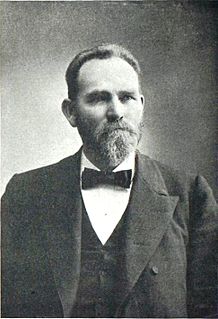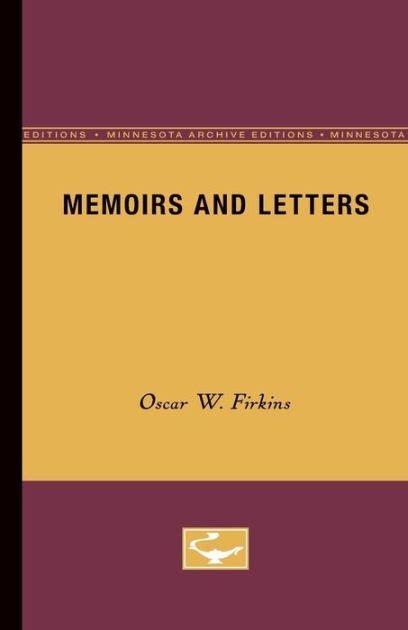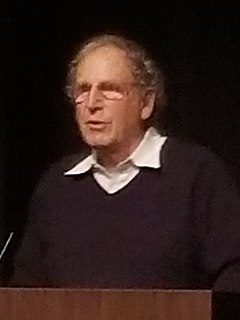A Quote by Francois de La Rochefoucauld
Our concern for the loss of our friends is not always from a sense of their worth, but rather of our own need of them and that we have lost some who had a good opinion of us.
Related Quotes
We need changes from the duties and the cares of our accustomed everyday life. They are necessary for healthy, normal living. We need occasionally to be away from our friends, our relatives, from the members of our immediate households. Such changes are good for us; they are good for them. We appreciate them better, they us, when we are away from them for a period, or they us.
Our ego ideal is precious to us because it repairs a loss of our earlier childhood, the loss of our image of self as perfect and whole, the loss of a major portion of our infantile, limitless, ain't-I-wonderful narcissism which we had to give up in the face of compelling reality. Modified and reshaped into ethical goals and moral standards and a vision of what at our finest we might be, our dream of perfection lives on--our lost narcissism lives on--in our ego ideal.
We mourn; we sorrow for our loved ones that go - our wives, our husbands, our children, our parents; we sorrow for them; and it is well and proper that we should moum for them and shed tears for the loss, for it is our loss; but it is their gain, for it is in the march of progress, advancement and development. It will be all right when our time comes, when we have finished our work and accomplished what the Lord required of us.
True friends see who we really are, hear our words and the feelings behind them, hold us in the safe harbor of their embrace, and accept us as we are. Good friends mirror our best back to us, forgive us our worst, and believe we will evolve into wise, wacky, and wonderful old people. Dear friends give us their undivided attention, encourage us to laugh, and entice us into silliness. And we do the same for them. A true friend gives us the courage to be ourselves because he or she is with us always and in all ways. In the safety of such friendships, our hearts can fully open.
Rather, it is the opening or the interruption that allows us to experience what is hidden, and to accept with our hearts our given situation. When film does this, when it subverts our absorption in the temporal and reveals the depths of our own reality, it opens us to a fuller sense of ourselves and our world. It is alive as a devotional form.
And we're also remembering the guiding light of our Judeo-Christian tradition. All of us here today are descendants of Abraham, Isaac, and Jacob, sons and daughters of the same God. I believe we are bound by faith in our God, by our love for family and neighborhood, by our deep desire for a more peaceful world, and by our commitment to protect the freedom which is our legacy as Americans. These values have given a renewed sense of worth to our lives. They are infusing America with confidence and optimism that many thought we had lost.
That is why we need to travel. If we don't offer ourself to the unknown, our senses dull. Our world becomes small and we lose our sense of wonder. Our eyes don't lift to the horizon; our ears don't hear the sounds around us. The edge is off our experience, and we pass our days in a routine that is both comfortable and limiting. We wake up one day and find that we have lost our dreams in order to protect our days.
As Muslim women, we have been liberated from this silent bondage. We don’t need society’s standard of beauty or fashion, to define our worth. We don’t need to become just like men to be honored, and we don’t need to wait for a prince to save or complete us. Our worth, our honor, our salvation, and our completion lies not in the slave. But, in the Lord of the slave.




































